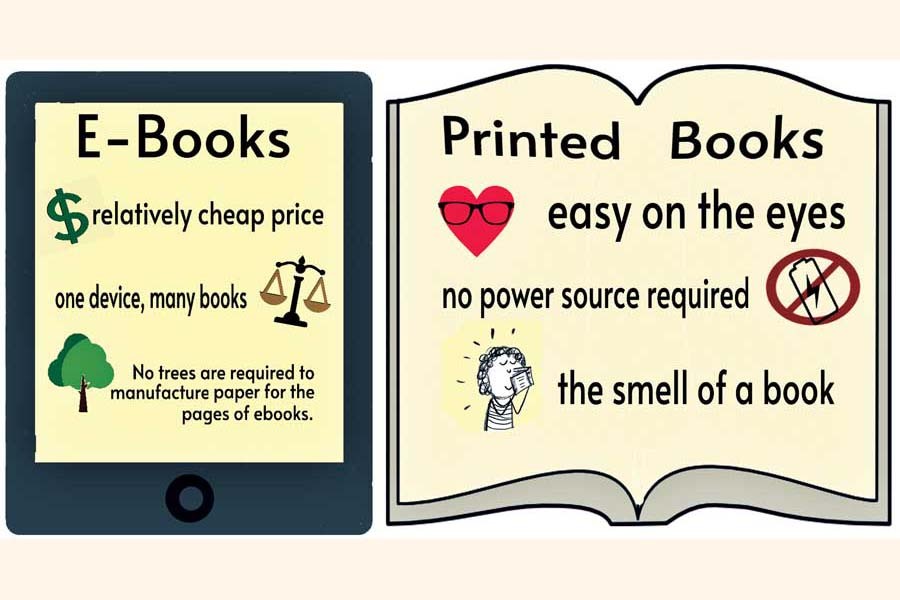The development of the internet has led to the addition of a lot of concepts
starting with “e-“ to our lives. E-mail, e-shopping, e-banking, e-commerce, e-government, e-signatures, and e-learning are leading concepts among them. E-books with a growing reader/user population are a book format that most of us have heard of and used a lot lately because of their long-standing history and the widespread use of information technologies.
Besides, different definitions in the various sources, the e-book definition pertinent
to this study is that of an electronic format digitizing one or more printed books
or even though a content completely produced in an electronic environment that can be
displayed, accessed, published on a desktop computer, on any hand-held device
with screen or in any custom-designed electronics.
In addition, they include a book reader hardware and rich text features
software (adding bookends, text marking, note-taking, etc.) to allow for the
same functions performed during traditional reading. Such as Iriver eBook
Reader, Oblio E-Book Plus, Kindle, Reeder-LITE, reedPAD2, e-Ink as well as
desktops, tablet computers, iPhones, iPods, Blackberry’s, mobile phones, and
navigation devices.
Some portable music players and Nintendo DS gaming
consoles can also be use to read e-books (URL 1).
However we can say that the increase in the number and types of hardware and
software required to read e-books is indicative of the rise in the number of e-book’ readers and e-books released by the publishing industry. In a study conducted to determine the rate of e-book reading, according to the responses of
307 people; 22% stated that they read e-books, and 77% stated that they do not.
The users of the Library application service that started in 2010, which allows
people to read e-books on tablets increased 4 times to 150,000 people,
compared to 2009. The number of e-book devices with e-ink screen technology
such as Kindle has reached 40,000 (URL 1). In 2011, the number of e-books
published in Turkey was 1314, in 2012 this figure came up to 2928.
https://nigelakkara.com/data-localisation-benefits-challenges/
https://kolahalstudio.com/single-blog.php?blog=Impact%20of%20Globalization
